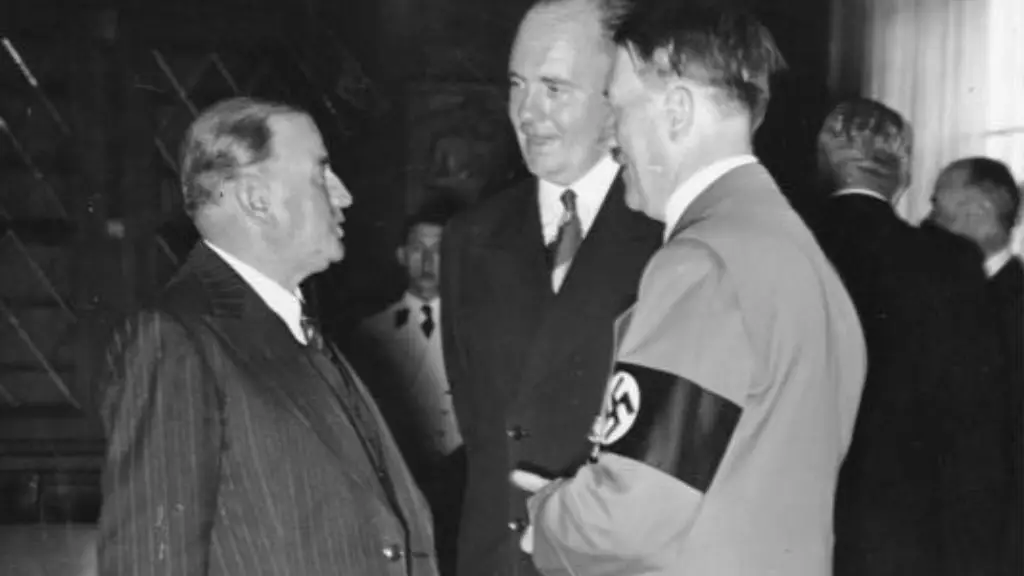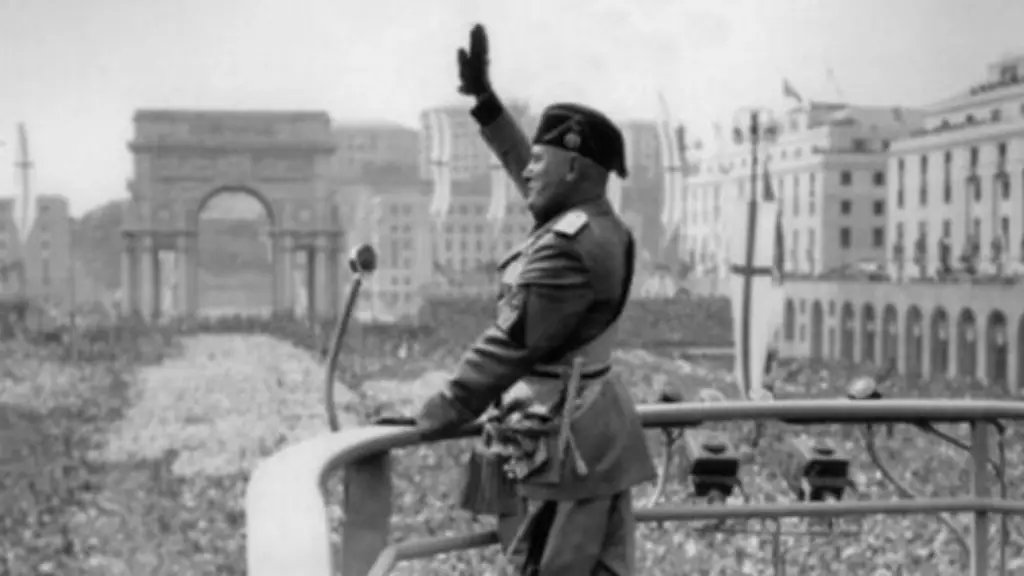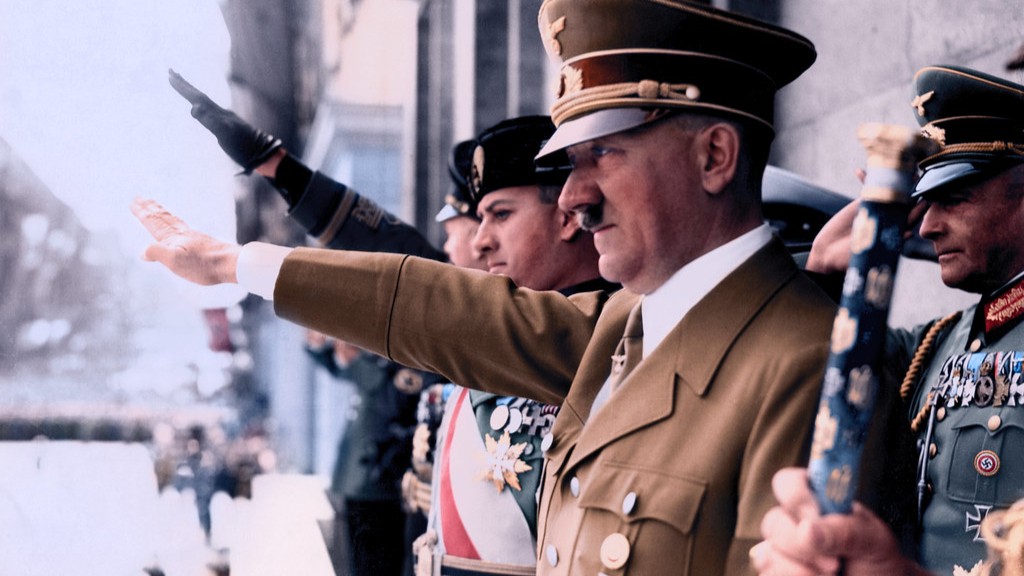Muammar Gaddafi, who passed away in 2011, was a major political figure in Libya for over four decades. He is widely viewed as a dictator due to his authoritarian style of governance. He first came to power in 1969 in a coup and ruled until his ousting in the Arab Spring in 2011. During his time in power, Gaddafi was seen as a controversial figure, with Western nations largely isolated him due to his outspoken anti-Western rhetoric and stance on Islamic fundamentalism. However, in the Muslim world, he was celebrated as a champion of Pan-Arabism and a staunch defender against Israel and Western Imperial powers.
An analysis of his actions during his tenure as Libyan leader reveals a strong authoritarian streak. For instance, Gaddafi’s government had limited freedom of speech and suppressed political opposition. Dissidents were jailed, tortured, and killed, media outlets were closely monitored, and there were limitations on freedom of assembly. Moreover, Gaddafi himself something of a cult of personality, with his picture and slogan “Allahu Akbar, Libya Lao” plastered on government buildings, public squares and currency.
Human Rights advocates have argued that Gaddafi’s rule resulted in serious human rights abuses, including wide-scale violations of freedom of speech and assembly. Reports of arbitrary detentions, torture and extrajudicial killings of dissidents have been documented. The United Nations and international groups such as Amnesty International and Human Rights Watch have reported that numerous human rights abuses have been committed during Gaddafi’s rule.
Gaddafi’s domestic policies have also been widely criticized. The country’s economy was based almost entirely on oil production; this, combined with widely spread mismanagement of resources, has been blamed for the current economic difficulties in Libya. Furthermore, Gaddafi’s government was widely accused of failing to protect the population from poverty, human trafficking and other forms of exploitation.
Gaddafi’s foreign policies have been viewed as equally controversial. He strongly opposed the United States and other Western countries and formed alliances with countries such as Iran and Syria. He also actively supported militant groups, particularly those fighting against Israel. His involvement in the Lockerbie bombing and other reported attacks on Western targets has tarnished his reputation.
In conclusion, while Gaddafi was widely seen as a defender of Arab and Islamic causes during his rule, his poor human rights record and aggressive foreign policies have earned him the title of “dictator” in the eyes of many.
Gaddafi’s Ideology
Muammar Gaddafi was a self-avowed Pan-Arabist and firm believer in the idea that Arabs should be united and should not be governed by foreign powers. He believed in the principle of “one Arab nation in the whole Arab world”, and his foreign policies were driven in large part by his desire to see Arab countries free from Western control.
In domestic affairs, Gaddafi was a proponent of direct democracy and advocated for the establishment of “communes” throughout Libya. These were small popular assemblies which would be responsible for local decision-making and the distribution of resources. He hoped that these communes would enable the Libyan people to bypass the state apparatus, thus creating a more decentralized political system.
Gaddafi also had a deep commitment to Islamic principles, although he did not believe that religion should be used to control the population. Instead, he advocated for a secular state in which Islamic values would be respected and religious practice would be a matter of personal choice. He was also a strong believer in social justice and fought to reduce inequality amongst the Libyan people.
Gaddafi’s Legacy
Muammar Gaddafi’s legacy is highly contested. On the one hand, he is seen as a dictator who was responsible for the deaths of countless Libyan citizens and blatant violations of human rights. On the other hand, he is viewed as a champion of Pan-Arabism who sought to free Arab countries from Western interference and was a vocal opponent of Israel and Western imperialism.
Today, Gaddafi’s legacy is still a source of debate, with some viewing him as a hero to the Arab world and others condemning him as an oppressor. While it is difficult to assess his rule objectively, it is clear that Gaddafi’s leadership had a major impact on Libya and the wider Arab world.
Impact on Libya
Gaddafi’s rule had a major impact on the development of Libya. Under his leadership, Libya underwent a period of economic growth, with oil production and foreign investment providing the country with a steady source of income. This was coupled with a number of social programs, such as free health care and education, which eased poverty and improved the standard of living for many Libyans.
In terms of foreign policy, Gaddafi sought to promote Arab unity and distance Libya from the West. He was a vocal opponent of Israel and Western imperialism, and his involvement in a number of militant groups made him a controversial figure in the region. However, his stance also served to garner support amongst the Arab nations and his influence in the region was undeniable.
However, the benefit that Libya gained from Gaddafi’s rule was offset by the human rights abuses that occurred during his time in power. The lack of freedom of expression and other basic rights was a major problem in Libya, and this, combined with a lack of political opposition and wide-spread corruption, raises serious questions about the legitimacy of Gaddafi’s government.
The End of Gaddafi’s Rule
Gaddafi’s rule in Libya came to an end in the wake of the Arab Spring in 2011. After a prolonged period of civil unrest and popular protests, Gaddafi’s government was eventually overthrown and he himself was killed in October of that year. Since then, Libya has been in a state of chaos, with multiple rival governments vying for control and rampant violence and lawlessness across the country.
The end of Gaddafi’s rule thus marked the end of an era for Libya. A nation that had been ruled by the same man for over four decades was suddenly free and open to the world, with new political and social opportunities available. However, this newfound freedom came at a cost, as the country has been plagued by instability in the years since Gaddafi’s fall.
The future of Libya is uncertain. The rival governments continue to fight for control and the security situation is still precarious. Only time will tell if the country can emerge from the turmoil and regain stability.
The International Response to Gaddafi
Gaddafi’s rule was controversial from the international community’s perspective, with many Western nations condemning him and his policies. However, not all nations saw Gaddafi in a negative light, with nations such as Russia, China, and India choosing to remain neutral in the conflict. Furthermore, a number of Arab and African countries publicly supported Gaddafi, citing his support for ant-Western causes and his resistance to foreign interference.
The international community’s response to Gaddafi’s fall was also mixed, with some celebrating the end of his rule and others expressing caution. Many feared that Libya would descend into chaos and become a failed state, while others hoped that the country would be able to move past the Gaddafi era and build a stable and prosperous future.
Today, the international response to Gaddafi’s rule is still divided, with some arguing that he was a dictator who must be held accountable for his abuses and others believing that he should be remembered for his fight against Western imperialism and support for Arab causes.
Conclusion
Muammar Gaddafi was a controversial political figure whose rule had a major impact on Libya and the wider Arab world. His authoritarian style of governance and aggressive foreign policies left him widely viewed as a dictator, but his commitment to Pan-Arabism and support for Islamic values earned him admirers in the Arab world. His legacy remains contested, and his death in 2011 marked the end of an era for Libya. However, the international community’s response to Gaddafi’s rule remains divided and his influence in the region is still strongly felt.



